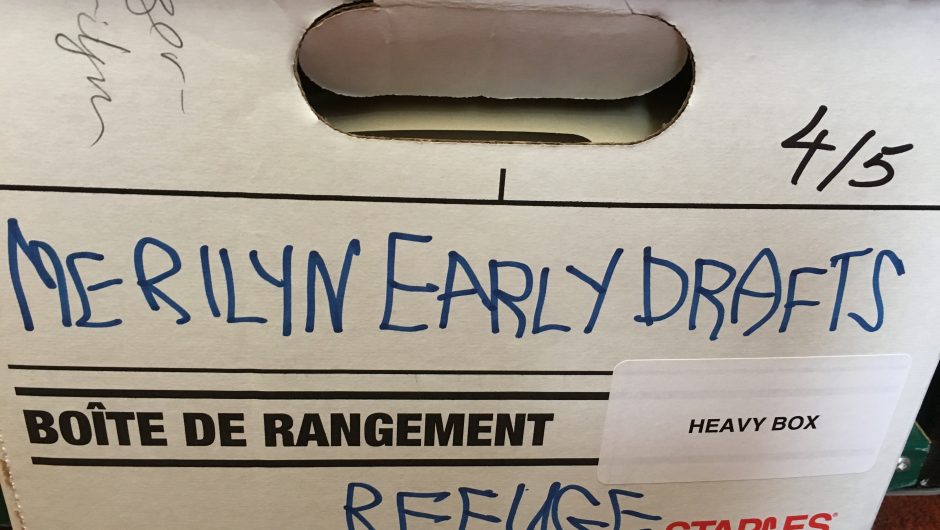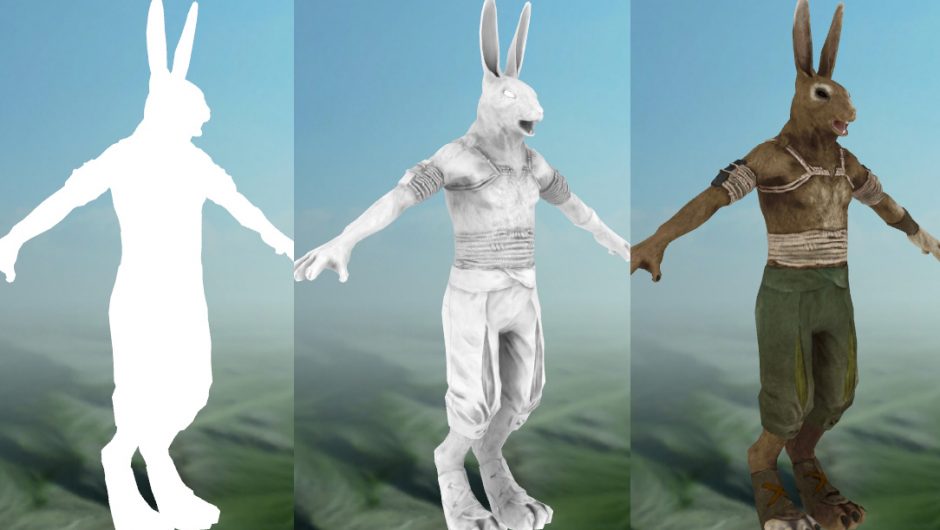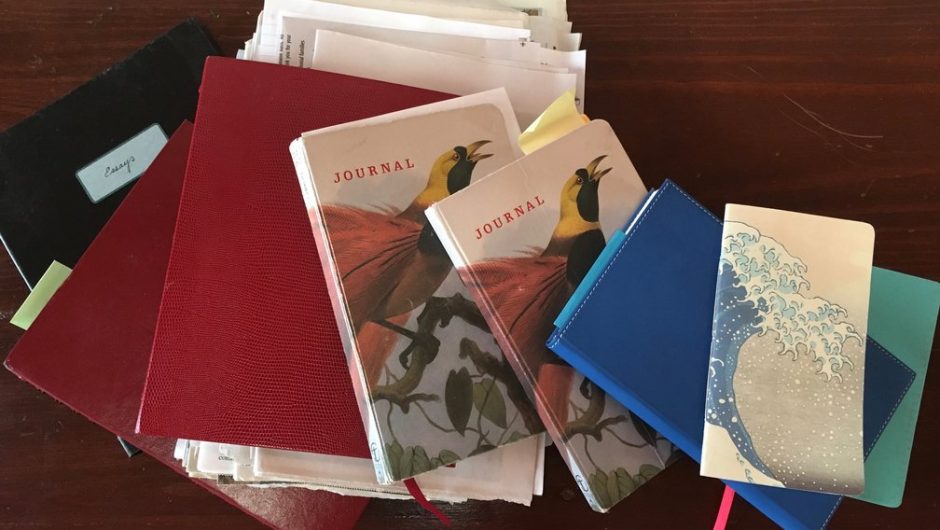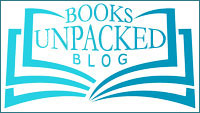[vc_row][vc_column][vc_column_text]My husband hears draft and thinks beer. I hear draft and think breeze. We’re both writers, but when it comes to producing drafts (not beer or breezes but the scribbling kind) we are as different as two writers can be. Ask him how many drafts it takes to write a book, and he’s likely to say, “Six or eight.” I’ve never racked up fewer than fifteen. I thought my new book would be different, but here I am at ten, and my agent has just spoken those dreaded words: “It’s not ready yet.”
Books Without Character
[vc_row][vc_column][vc_column_text]Rachel Cusk’s protagonist, Faye, narrator of the novels Outline, Transit, and Kudos, is a strangely silent, receptive character who acts as a blank page on which others unspool their stories. At times heart-wrenching, philosophical, and bleakly mundane, these stories slide off her seemingly without effect—or affect. Everyone else goes on about themselves at length, but Faye reveals almost nothing of herself. She is cold and withheld—for me, a distinctly unlikeable character.
“I’m not interested in character,” Cusk says, ” because I don’t think character exists anymore.”
Nota Bene
[vc_row][vc_column][vc_column_text]Thomas Hardy typically had several notebooks on the go, each one carefully labelled Poetical Matter; Literary Notebook; Studies, Specimens, etc; or Facts. In Facts, Hardy and his first wife, Emma, recorded curious incidents culled from local newspapers. One three-line entry is titled “Sale of Wife”—a note that grew into The Mayor of Casterbridge.
Cursive is Back!
[vc_row][vc_column][vc_column_text] Writing used to mean penmanship. Then it became a profession, a conveyor of stories and facts. It has always been a radical act.






Recent Comments